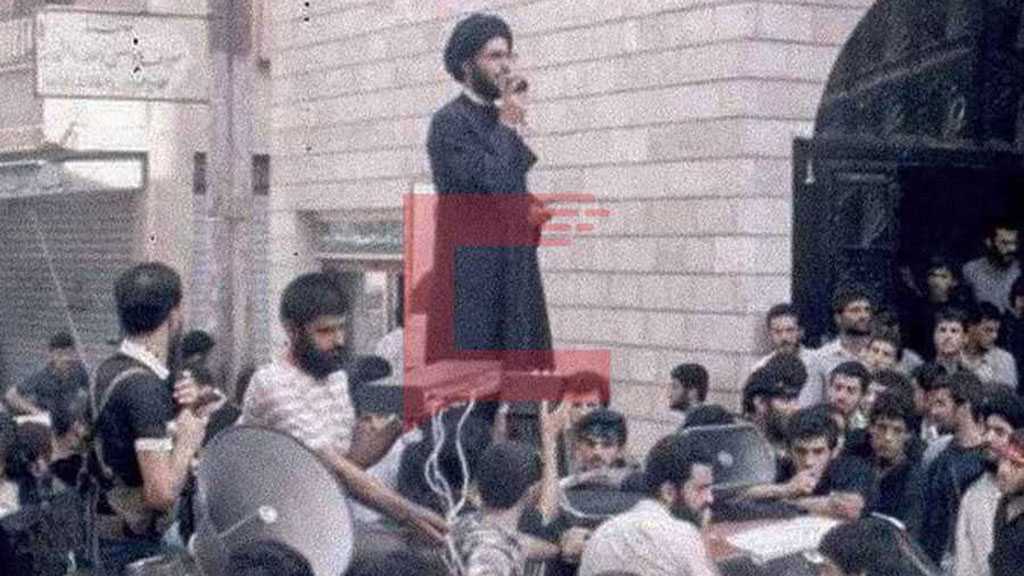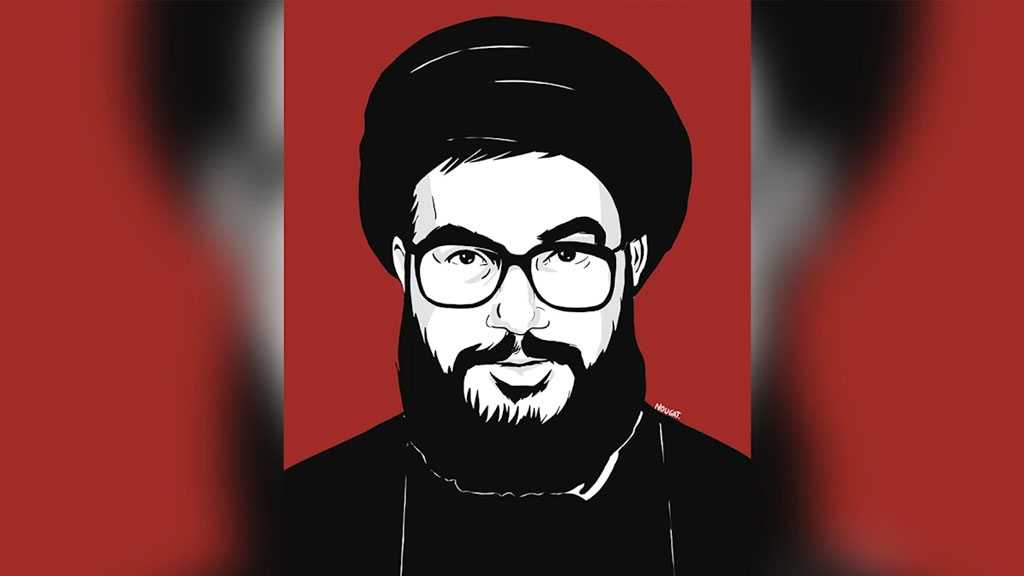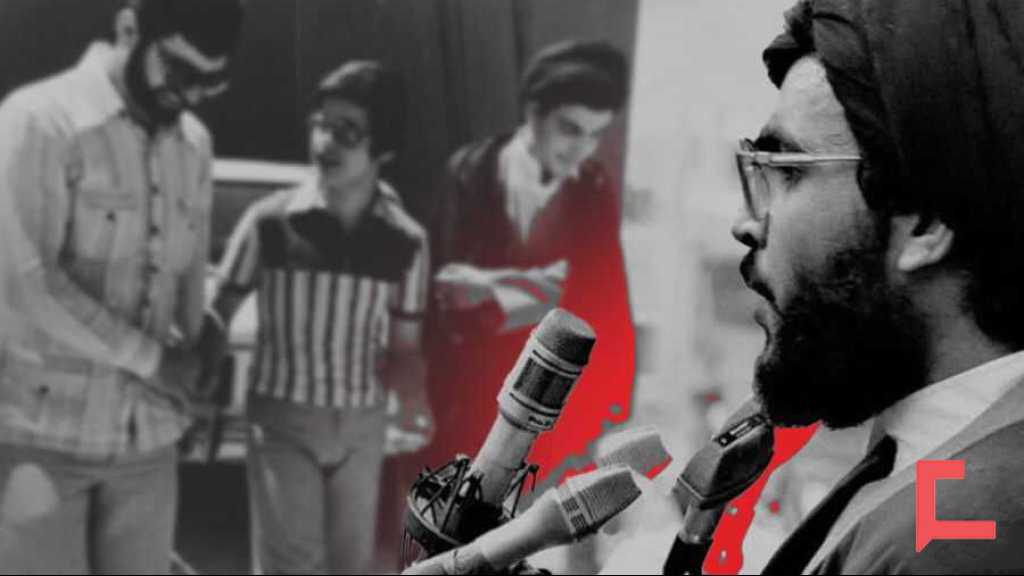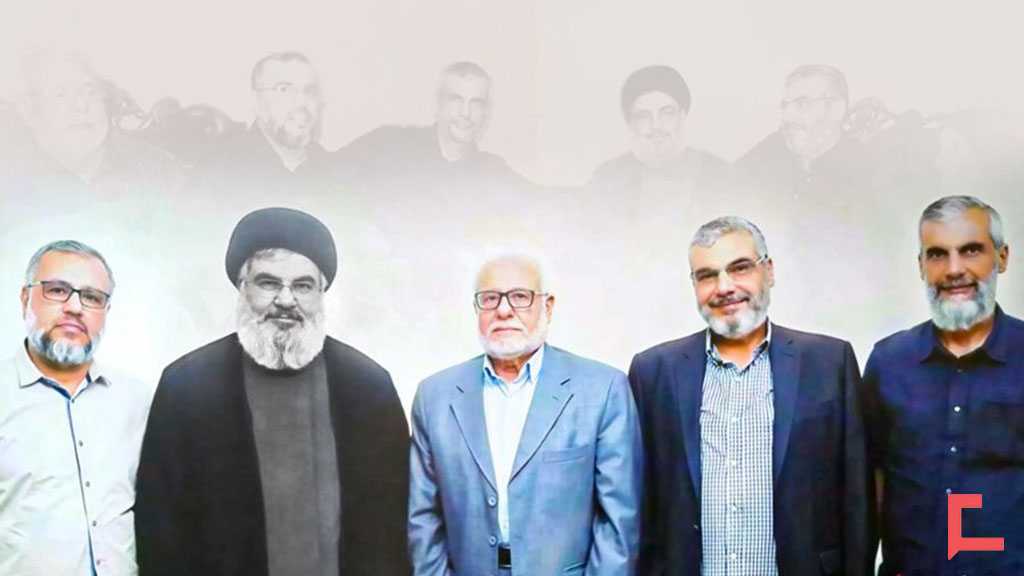Trump’s Unprecedented Plea: Why He Wants “Israel” to Drop Charges Against Netanyahu
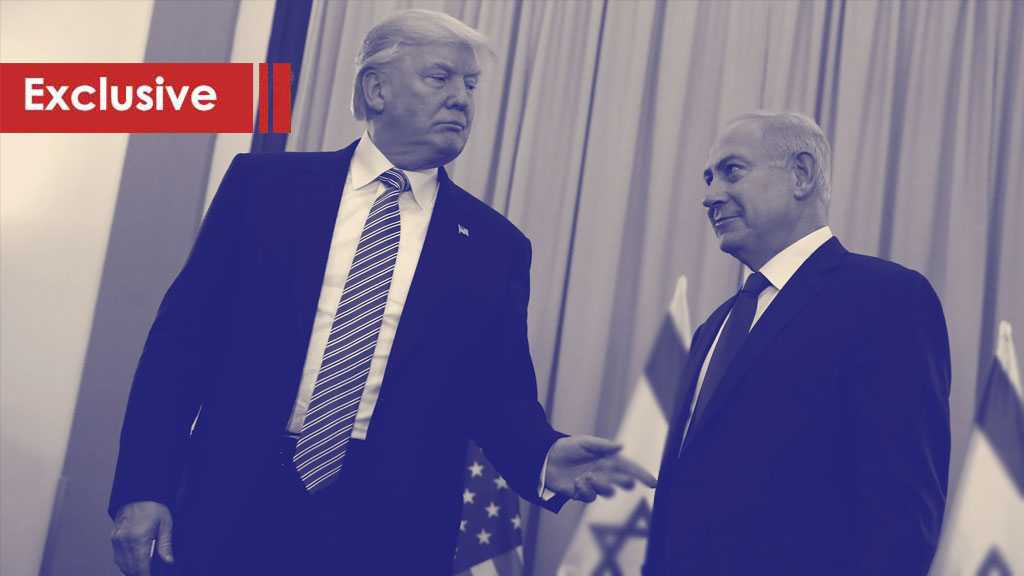
By Mohamad Hammoud
Introduction: A Shocking Intervention
In a move that has sent shockwaves through diplomatic circles and ignited fierce debate, President Donald Trump has publicly demanded that the courts of “Israel” drop all charges against Prime Minister Benjamin Netanyahu. This is no ordinary political gesture—it is a brazen challenge to the rule of law and judicial independence, exposing a troubling alliance between two embattled leaders united by a shared determination to evade justice and undermine democratic norms.
Shared Narratives of Persecution
Trump’s public plea is rooted in a shared political playbook. Both he and Netanyahu portray themselves as victims of politically motivated prosecutions. Trump, facing multiple criminal indictments and civil penalties in the United States, repeatedly claims a “deep state” conspiracy targets him. Netanyahu, on trial since 2020 for bribery, fraud, and breach of trust, uses nearly identical rhetoric, framing his prosecution as an attack on “Israel” itself.
This narrative serves a strategic purpose: delegitimizing the judiciary and other democratic institutions that hold leaders accountable. By casting legal scrutiny as political persecution, both men rally their bases and seek to discredit the very mechanisms designed to protect democracy.
The Serious Charges Against Netanyahu
Netanyahu faces serious legal challenges. Domestically, he is charged in three major corruption cases. Case 1000 accuses him of accepting over $200,000 in luxury gifts from wealthy businessmen in exchange for favors. Case 2000 alleges a conspiracy with a newspaper publisher to secure favorable coverage through regulatory benefits. Case 4000 involves granting $250 million in regulatory advantages to a telecom tycoon in return for favorable media coverage. Convictions could lead to prison sentences ranging from three to ten years.
Beyond “Israel’s” borders, the International Criminal Court [ICC] issued arrest warrants in 2024 for Netanyahu and former War Minister Yoav Gallant, accusing them of war crimes and crimes against humanity during Gaza operations. The ICC alleges intentional attacks on civilians and the use of starvation as a warfare tactic. Netanyahu’s supporters dismiss these as “antisemitic” attacks on “Israel’s” right to self-defense. Yet, these warrants mark a historic first: a sitting “Israeli” leader faces possible international prosecution.
Parallel Undermining of Democratic Institutions
The similarities between President Trump and Netanyahu extend beyond their legal troubles. Both have undermined institutions designed to check executive power. Trump has repeatedly attacked the judiciary, calling judges “partisan hacks” and threatening political opponents with prosecution. Netanyahu has fired security officials investigating his associates and pushed judicial reforms limiting the Supreme Court’s oversight.
Both leaders show blatant disregard for international law. Trump withdrew the US from the ICC and sanctioned its prosecutors. Netanyahu openly defies the ICC, refusing cooperation and denouncing its legitimacy.
Moreover, both obstruct accountability. Trump attempted to overturn the 2020 election results and obstructed congressional investigations into the matter. Netanyahu has used legislative tactics to delay his trial and shield himself from prosecution. These actions represent a broader assault on democratic governance, where no one—not even heads of state—is above the law.
A United Front on Iran: Strengthening the Alliance
Recent developments reveal a robust and coordinated partnership between President Trump and Prime Minister Netanyahu regarding Iran’s nuclear threat. In June 2025, Trump authorized and oversaw a series of precision US airstrikes on Iran’s nuclear facilities, including Fordow, Natanz, and Esfahan, working closely with “Israeli” forces. Netanyahu publicly praised Trump’s “bold decision” and hailed the US military’s role as “unsurpassed” in dismantling Iran’s nuclear program. This unprecedented cooperation marks a high point in US-“Israel” military collaboration, with Trump signaling readiness to strike Iranian sites that "Israel" alone could not reach.
Despite some US intelligence assessments suggesting the strikes only delayed Iran’s nuclear capabilities by months, Trump dismissed these critiques and reaffirmed his commitment to continued pressure on Tehran. Netanyahu, while asserting “Israel’s” independent capabilities, clearly benefits from Trump’s backing. This strategic alignment deepens their political alliance and sheds light on Trump’s vigorous defense of Netanyahu amid his legal battles.
Conclusion: A Dangerous Precedent for Democracy
President Trump’s demand that “Israel” drop charges against Netanyahu transcends personal loyalty. It signals to authoritarian-leaning leaders worldwide that legal accountability can be dismissed as mere political persecution and that democratic institutions can be bent to the will of those in power. By treating the law as an obstacle rather than a foundation, Trump and Netanyahu have set a dangerous precedent for their countries and the world.
As “Israel” grapples with its democratic future and the international community weighs the ICC’s charges, the Trump-Netanyahu alliance serves as a cautionary tale. When leaders place themselves above the law, the very fabric of democracy is at risk—both in “Israel,” the United States, and beyond.

